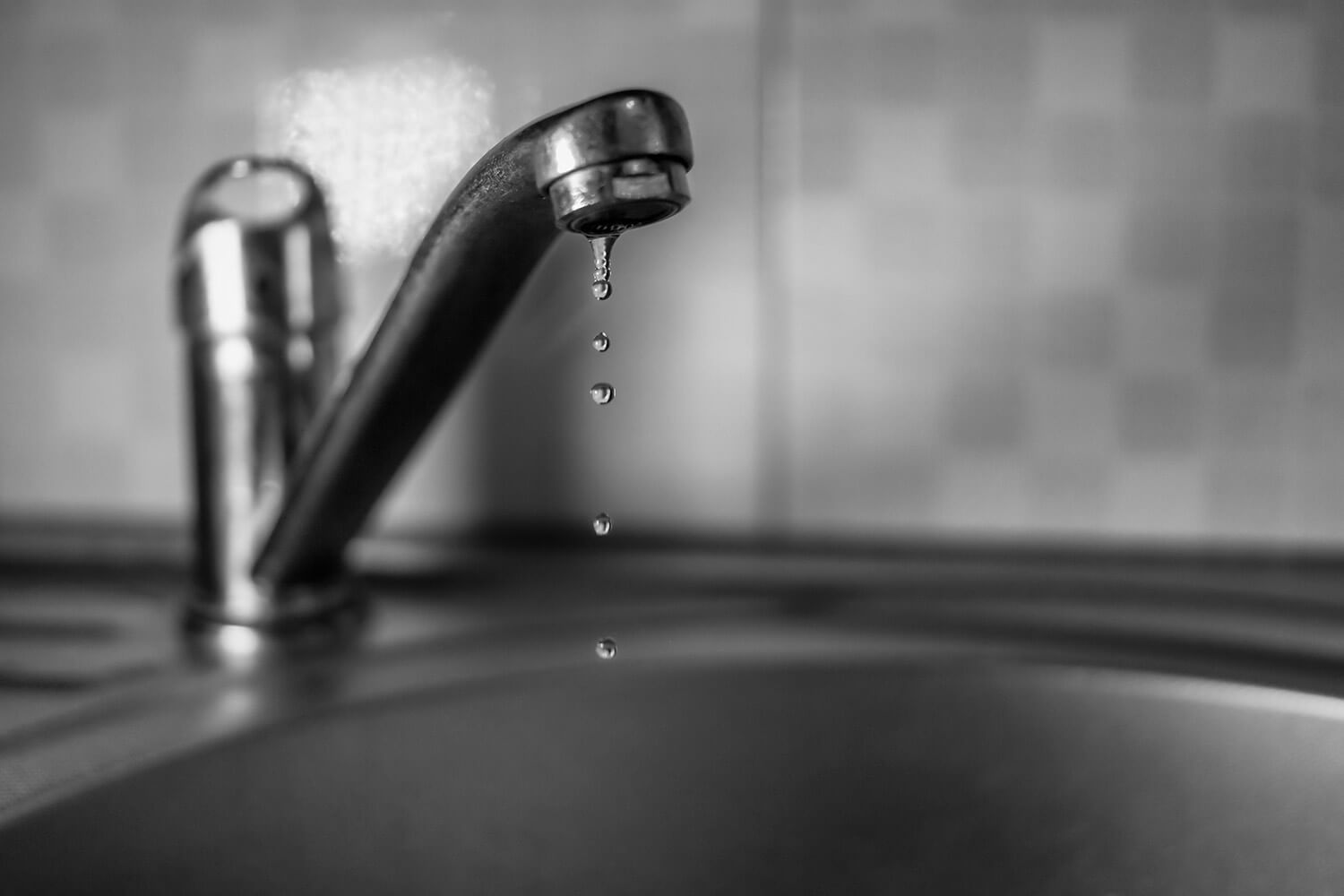Spot Common Factors for Water Leakage Within Your Residence
Spot Common Factors for Water Leakage Within Your Residence
Blog Article
Are you trying to locate additional info concerning How Fast Water Damage Can Ruin Your Home?

Leakages not only create waste of water however can additionally cause unnecessary damages to your house as well as promote undesirable organic development. Regrettably, water leaks could go unnoticed since the majority of the pipework in our residence is hidden. By looking and understanding for day-to-day scenarios that trigger leakages, you can protect your home from future leaks and also unnecessary damage. Today, we will certainly take a look at six leakage creates that might be creating your pipes to leak.
Elbowing in origins
A lot of water leakages start outside the home rather than inside it. You could see damp patches or sinkholes in your backyard, as well as that might mean that tree roots are getting into water lines causing water to leak out.
Corroded water systems
This might be the reason of discoloration or bending on your water pipes. If our plumbing system is old, consider replacing the pipes considering that they are at a higher risk of corrosion than the more recent versions.
Malfunctioning Pipe Joints
Pipeline joints can degrade over time, resulting in water leaks. If you have noisy pipelines that make ticking or banging noises, especially when the warm water is turned on, your pipe joints are possibly under a whole lot of stress.
Immediate temperature level changes.
Severe temperature level adjustments in our pipes can create them to increase and also contract unexpectedly. This development as well as tightening may trigger fractures in the pipes, especially if the temperature are below cold.
Poor Water Connectors
At times, a leakage can be caused by loosened hoses and pipelines that provide your devices. Generally, shifting is what creates the loose water Links. You could locate when it comes to a cleaning equipment, a hose might spring a leakage as a result of shaking during the spin cycle. In case of a water links leakage, you might see water running straight from the supply line or pools around your devices.
Blocked Drains
Clogged drains could be frustrating and inconveniencing, however they can often end up creating an overflow leading to burst pipelines. Keep getting rid of any kind of materials that might drop your drains pipes that might clog them to stay clear of such inconveniences.
All the above are reasons for leakages but not all water leaks result from plumbing leaks; some leakages could originate from roofing system leakages. All leaks should be fixed right away to avoid water damages.
Leakages not just create waste of water but can also create unneeded damage to your house as well as promote undesirable natural development. By looking and recognizing for daily situations that create leaks, you can protect your residence from future leaks and unneeded damage. Today, we will look at 6 leakage triggers that may be causing your pipelines to trickle.
At times, a leak can be created by loosened tubes and pipes that supply your home appliances. In instance of a water connections leakage, you might discover water running straight from the supply line or pools around your devices.
How To Check For Water Leak In Your Home
How To Check for Leaks
The average household's leaks can account for nearly 10,000 gallons of water wasted every year and ten percent of homes have leaks that waste 90 gallons or more per day. Common types of leaks found in the home are worn toilet flappers, dripping faucets, and other leaking valves. These types of leaks are often easy to fix, requiring only a few tools and hardware that can pay for themselves in water savings. Fixing easily corrected household water leaks can save homeowners about 10 percent on their water bills.
To check for leaks in your home, you first need to determine whether you're wasting water and then identify the source of the leak. Here are some tips for finding leaks:
Take a look at your water usage during a colder month, such as January or February. If a family of four exceeds 12,000 gallons per month, there are serious leaks.
Check your water meter before and after a two-hour period when no water is being used. If the meter changes at all, you probably have a leak.
Identify toilet leaks by placing a drop of food coloring in the toilet tank. If any color shows up in the bowl after 10 minutes, you have a leak. (Be sure to flush immediately after the experiment to avoid staining the tank.)
Examine faucet gaskets and pipe fittings for any water on the outside of the pipe to check for surface leaks.
Undetected water leaks can happen without the home or business owner even realizing. If you suspect a water leak, but not able to find the source. It is time to contact a professional water leak detection service, The Leak Doctor.
How To Find a Water Leak In Your Home
https://www.leakdoctor.com/blog/How-To-Check-For-Water-Leak-In-Your-Home_AE197.html

I ran across that entry about Common Water Leaks In House when exploring the internet. Sharing is nice. Helping people is fun. Many thanks for going through it.
Problem? Dial now! Report this page